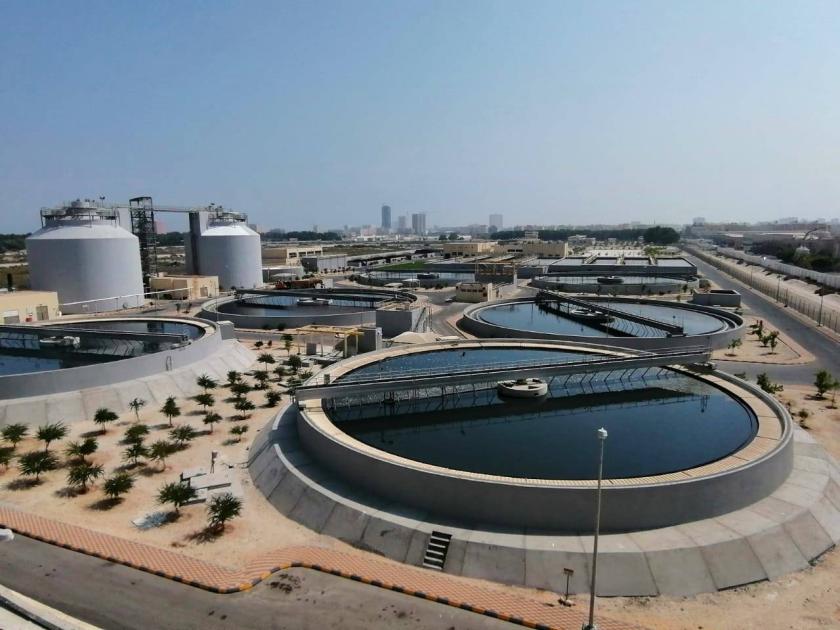The South Caucasus region is undergoing a significant shift in power, with Azerbaijan gaining more independence and Georgia struggling to determine its geopolitical orientation. Since the collapse of the Soviet Union, Russia has not fully recognized the statehood of these three countries, viewing them as satellites. Conflicts have marred the region, including tensions between Georgia and its regions Abkhazia and South Ossetia, as well as the Nagorno-Karabakh conflict between Armenia and Azerbaijan.
Russia has played a significant role in these conflicts, supporting different sides and presenting itself as a peacekeeper. However, recent developments have seen Azerbaijan gaining military strength with the support of Turkey, leading to the resolution of the Nagorno-Karabakh conflict through military force. This has reduced Russia’s influence in the region and shifted its focus to economic partnerships, especially with Azerbaijan.
Armenia is facing a precarious situation with potential threats from Azerbaijan following its abandonment by Russia. The country’s future ties with the West are uncertain due to challenges within and from powerful neighbors. In Georgia, debate over its geopolitical direction is intensifying as ruling party faces opposition from those seeking closer ties with the West.
As Europe repositions itself in response to changing regional dynamics, opportunities emerge for strengthening democracy and reducing Russian influence in the South Caucasus. Both Armenia and Georgia present avenues for European engagement and support for democratic forces. Following Russia’s aggression in Ukraine, it is crucial for Europe to pursue strategies that contain Russia and promote democracy in the region.
The balance of power in the South Caucasus region is shifting rapidly as each country grapples with its own unique challenges and opportunities. While some countries like Azerbaijan are gaining more independence, others like Armenia are facing precarious situations due to their strategic location on Russia’s borders.
Russia has historically viewed these countries as part of its sphere of influence but recent developments have seen a shift away from this position towards economic partnerships especially with Azerbaijan.
Georgia’s ruling party is also facing opposition from those seeking closer ties with Western powers as they struggle to determine their geopolitical orientation.
With opportunities emerging for strengthening democracy and reducing Russian influence in the region, it is crucial for Europe to take action now before it’s too late.
Both Armenia and Georgia present avenues for European engagement and support for democratic forces which can lead to greater stability in an unpredictable region.
In conclusion, while there may be uncertainty about what lies ahead for this volatile region, one thing is clear – change is coming fast. It will be up to each country to navigate these changes effectively while balancing their own interests against broader regional trends.



